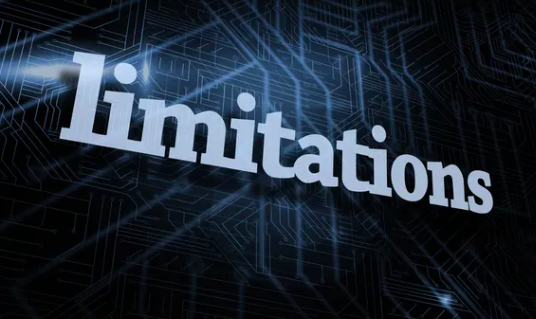AI's Limitations: Sectors Where Human Expertise Prevails

While artificial intelligence, science, technology, and mobile advancements continue to redefine industries, there are sectors where the human touch remains irreplaceable. AI's capabilities are vast, but its limitations are equally important. Here are some sectors where human expertise reigns supreme:
Healthcare: Compassion and Critical Decision-Making
In the field of healthcare, AI can assist with diagnostics and data analysis, but it cannot replace the compassion and nuanced decision-making that human healthcare providers offer. Bedside manner, empathy, and understanding remain crucial in patient care.
Creative Arts: Imagination and Emotion
AI has ventured into generating art and music, but it lacks the depth of human emotion and imagination. Creative sectors, such as writing, filmmaking, and fine arts, thrive on human creativity, storytelling, and the ability to evoke emotions that machines cannot replicate.
Education: Mentorship and Inspiration
While AI can personalize learning, it cannot replace the mentorship and inspiration that educators provide. Teachers play a vital role in nurturing students' personal growth, critical thinking, and problem-solving skills.
Social Services: Empathy and Human Connection
Social workers, therapists, and counselors offer invaluable emotional support and human connection to those in need. While AI can provide information and resources, it cannot replace the empathy and understanding that human professionals provide.
Emergency Response: Crisis Management and Adaptability
First responders and emergency personnel excel in adapting to unpredictable situations. Their quick thinking, decision-making, and problem-solving abilities in high-stress environments cannot be matched by AI, which lacks human intuition.
Complex Decision-Making: Ethical Dilemmas and Values
In situations involving complex ethical dilemmas and value judgments, human judgment is irreplaceable. AI relies on algorithms and data, but it cannot navigate the intricate nuances of human morality and ethics.
Research and Innovation: Hypothesis Formulation and Curiosity
In research and innovation, AI can assist with data analysis, but it cannot formulate hypotheses or possess the innate curiosity that drives scientific discovery. Human researchers bring creativity and intuition to the forefront.
Personal Relationships: Emotional Bonds and Empathy
While AI chatbots and virtual assistants offer convenience, they cannot replace the depth of personal relationships, emotional bonds, and genuine human empathy that are essential in our social lives.
Human Connection: Family and Community
AI may connect us virtually, but it cannot replace the warmth and intimacy of family and community gatherings. The bonds forged through shared experiences remain uniquely human.
Intuitive Judgment: Gut Instinct and Common Sense
AI relies on data and algorithms, while humans often make intuitive judgments based on common sense and gut instinct, especially in situations with incomplete information.
As artificial intelligence, science, technology, and mobile advancements continue to transform our world, it's important to recognize that there are domains where human expertise, emotion, and connection are irreplaceable. The synergy between AI and human skills holds the potential for a brighter future, where technology complements and empowers us while preserving the essential human touch.


